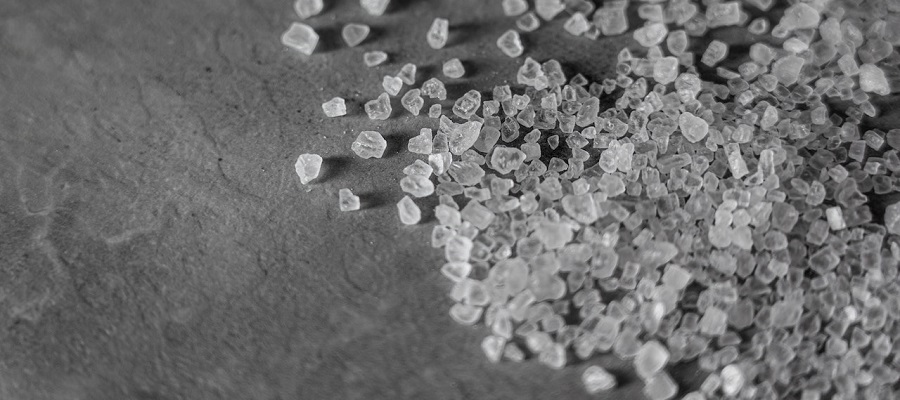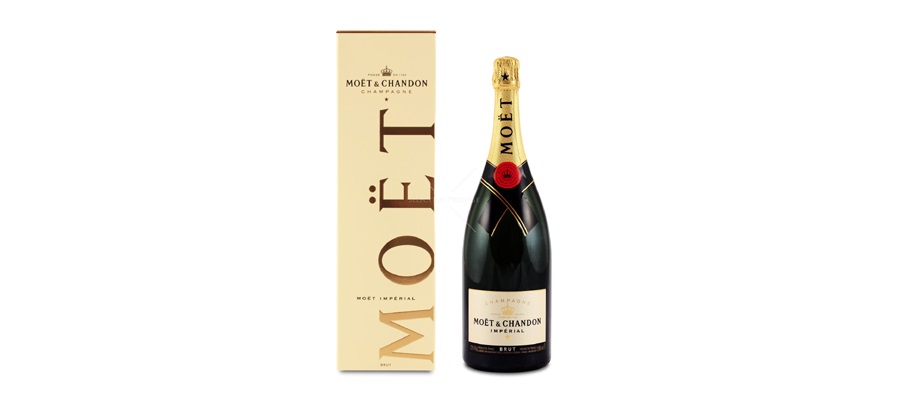Salt, or sodium chloride, is an essential nutrient that is necessary for human health. It plays a number of important roles in the body, including regulating fluid balance and maintaining proper function of the nervous system. However, consuming too much salt can have negative effects on health.
Excessive salt intake has been linked to an increased risk of several health problems, including:
-
High blood pressure: One of the most well-known effects of salt on the body is its role in raising blood pressure. High blood pressure, also known as hypertension, is a major risk factor for heart disease and stroke.
-
Heart disease: High blood pressure is a major risk factor for heart disease, and reducing salt intake can help lower blood pressure and reduce the risk of heart disease.
-
Stroke: Like heart disease, stroke is also more likely to occur in people with high blood pressure, and reducing salt intake can help lower blood pressure and reduce the risk of stroke.
-
Osteoporosis: Some research suggests that high salt intake may interfere with the body's ability to absorb calcium, which is important for strong bones. This may increase the risk of osteoporosis, a condition that causes the bones to become weak and brittle.
-
Stomach cancer: Some studies have found an association between high salt intake and an increased risk of stomach cancer.
It's important to consume salt in moderation as part of a healthy, balanced diet. The American Heart Association recommends limiting daily sodium intake to less than 2,300 milligrams (mg) for most adults, and no more than 1,500 mg for adults with high blood pressure, those 51 and older, and African Americans. It's also a good idea to choose foods that are low in sodium and to read food labels to compare sodium levels in different products.
What is the ideal percentage of salt that an individual should stick to?
The ideal percentage of salt in the diet depends on a person's age and health status. The recommended daily intake of sodium, which is a component of salt, is 2,300 milligrams (mg) or less per day for most adults. The American Heart Association recommends limiting sodium intake to no more than 1,500 mg per day for adults with high blood pressure, those 51 and older, and African Americans.
To put these recommendations into perspective, a teaspoon of salt contains about 2,300 mg of sodium. This means that if you're trying to limit your sodium intake to 2,300 mg per day or less, you should aim to consume no more than one teaspoon of salt per day. If you're trying to limit your sodium intake to 1,500 mg per day, you should aim for about two-thirds of a teaspoon of salt per day.
It's important to note that these recommendations are for total sodium intake, not just the sodium that comes from salt. Sodium is found in many foods, including processed and restaurant foods, as well as naturally occurring in some foods. To reduce your sodium intake, it's a good idea to choose foods that are low in sodium and to read food labels to compare sodium levels in different products.
Perfect salt sources
Salt is an essential nutrient that is necessary for human health, and it is found naturally in many foods. Some good sources of salt include:
-
Unrefined sea salt: This type of salt is minimally processed and contains trace amounts of minerals, such as magnesium, potassium, and calcium. It is generally considered to be a healthier option compared to refined table salt.
-
Himalayan pink salt: This type of salt is mined from ancient deposits in the Himalayan mountains and is also minimally processed. It contains trace amounts of minerals and is often considered a healthier option compared to refined table salt.
-
Kosher salt: This type of salt is used in the koshering process, which involves removing blood from meat. It is typically coarser and less dense than table salt, which means that it contains less sodium by volume.
-
Vegetables: Many vegetables, such as celery, tomatoes, and onions, are naturally high in sodium. These foods can be a good source of sodium in the diet, as well as other important nutrients like fiber, vitamins, and minerals.
It's important to consume salt in moderation as part of a healthy, balanced diet. The American Heart Association recommends limiting daily sodium intake to less than 2,300 milligrams (mg) for most adults, and no more than 1,500 mg for adults with high blood pressure, those 51 and older, and African Americans. It's also a good idea to choose foods that are low in sodium and to read food labels to compare sodium levels in different products.


